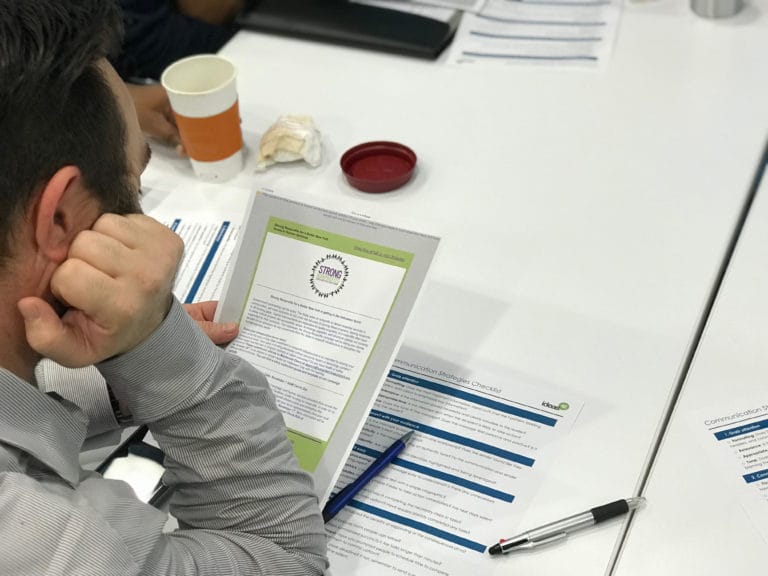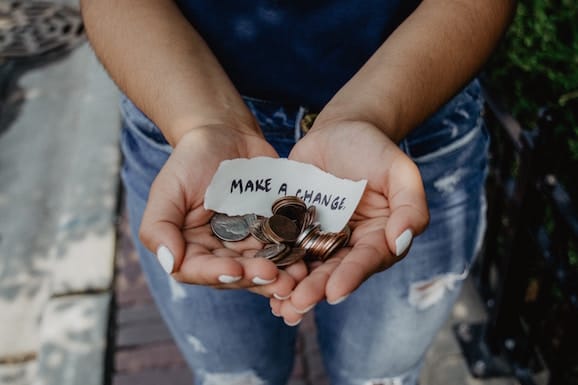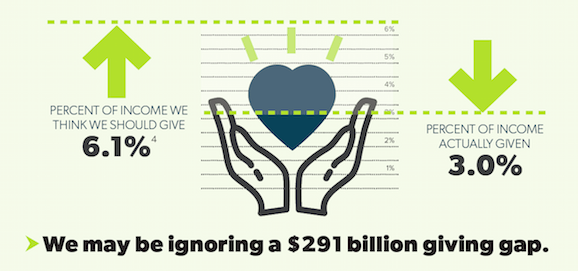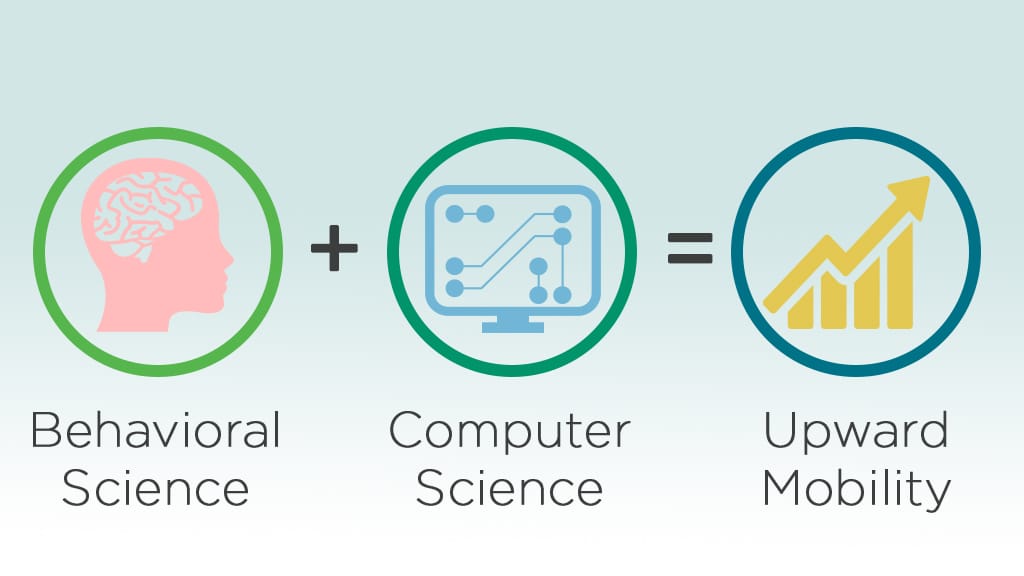
Social Norms for Social Good: 3 Insights to Apply
by Liana Johnson
Social norms are a powerful tool for improving lives—they have helped people get healthier, save more money, and take positive environmental actions. While social norms sound simple—“tell people what others are doing and they’ll change their behavior!”—there are plenty of nuances to leveraging them for social good. Apply these three insights to optimize your social […]










